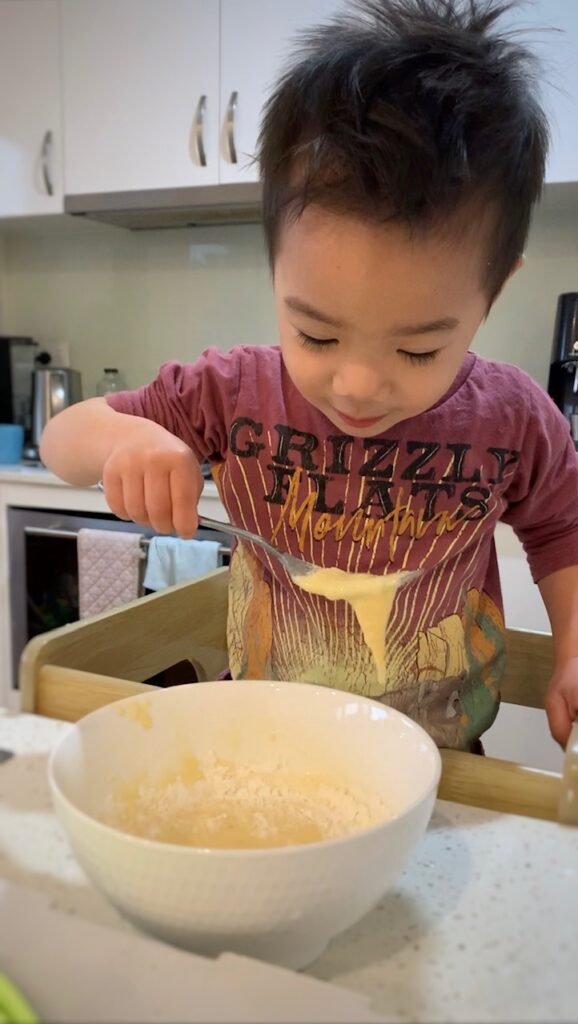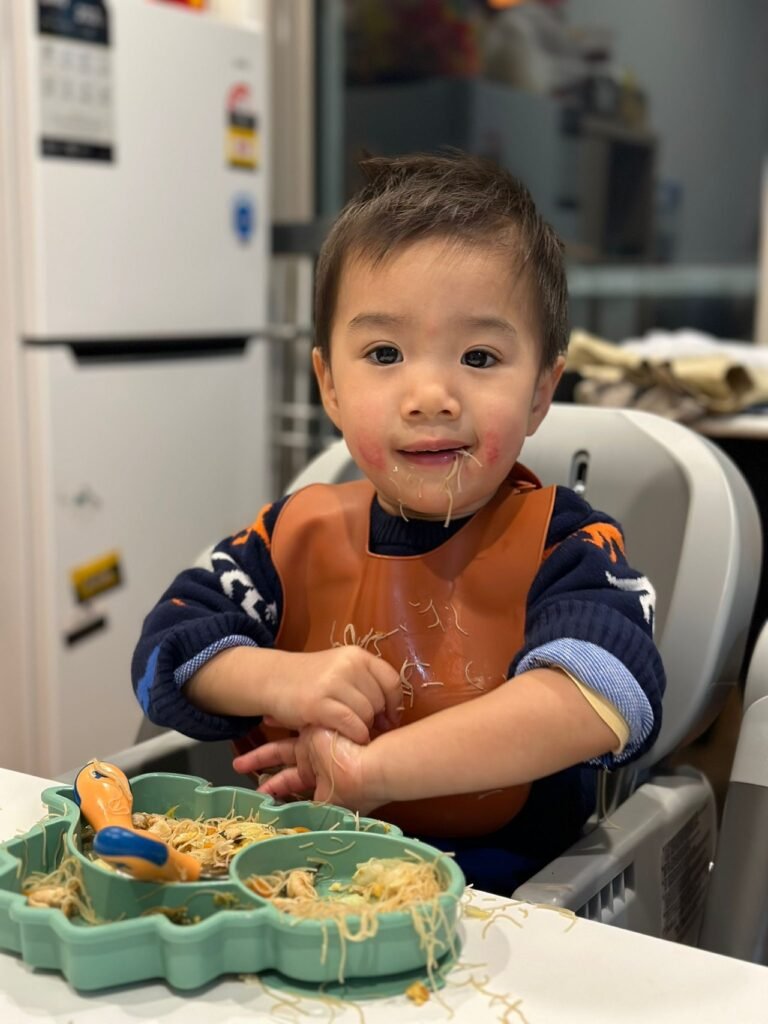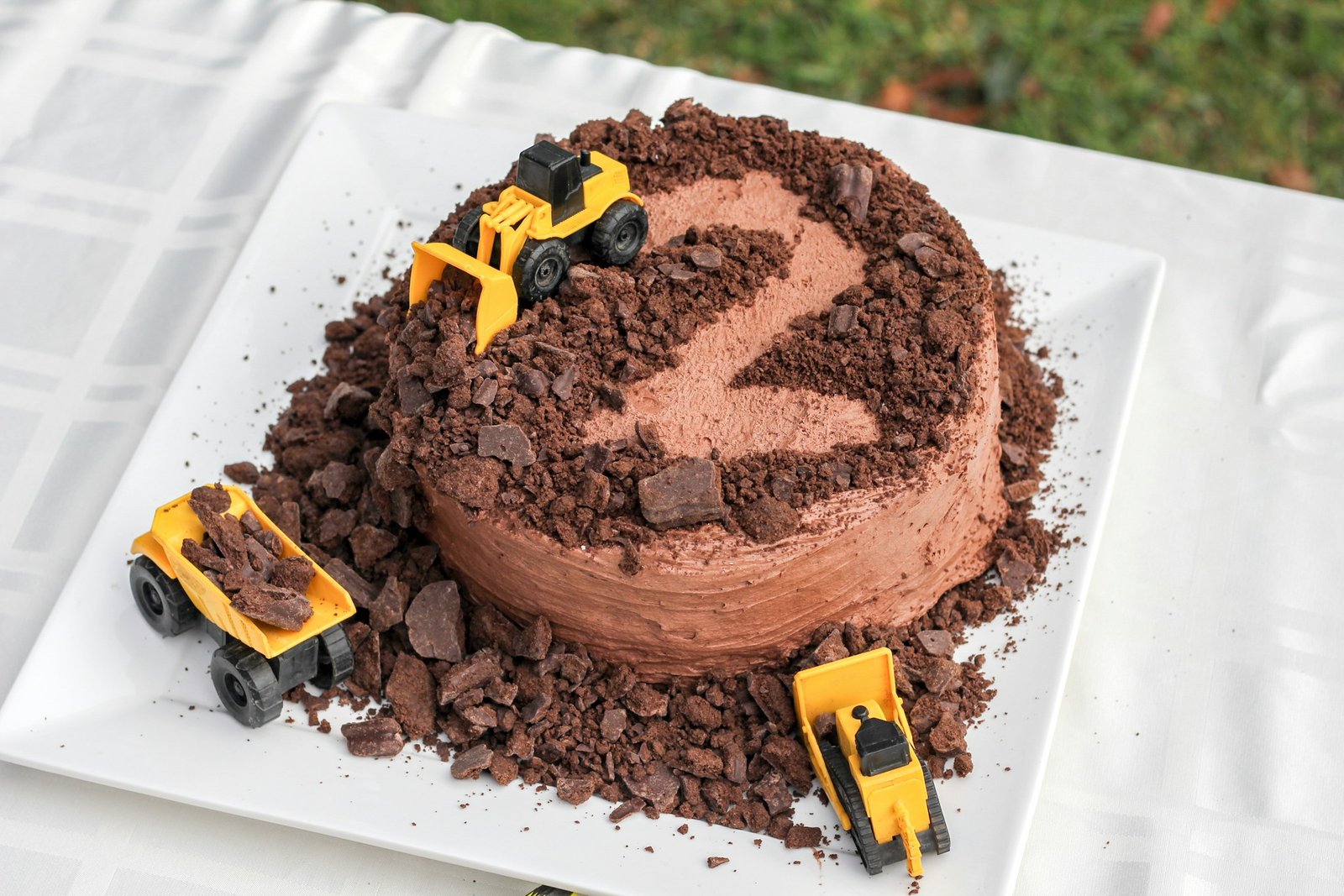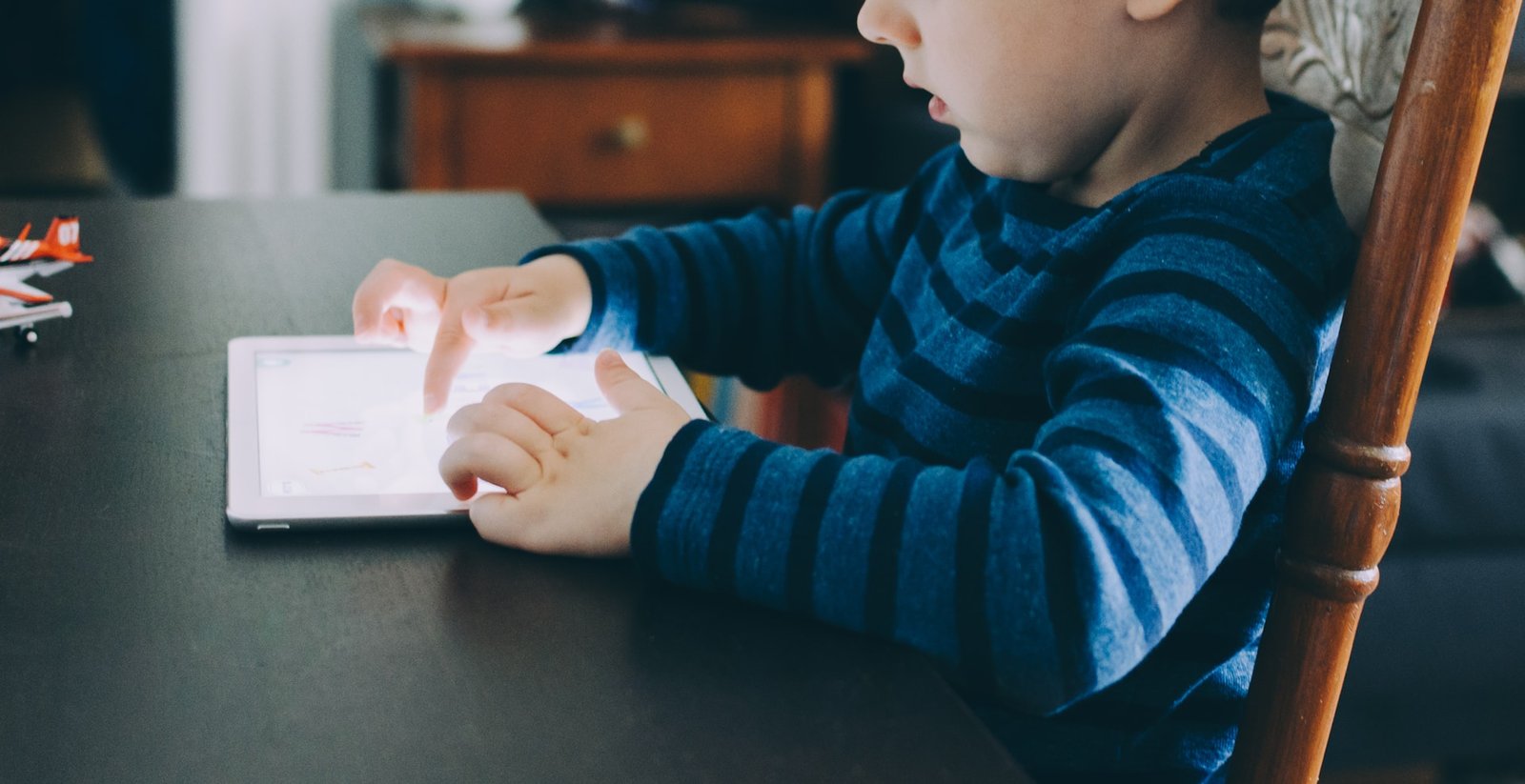
Congratulations on hitting the amazing milestone of your child’s second birthday! Now, are you wondering what your child can start to do? They are getting curious with everything happening in their life. They are eager to learn and explore all the possibilities that help to develop their confidence and independence. Checkout below for 7 playful and practical activities for your little one to thrive!
1. Feed themselves
Encourage your child to feed themselves with spoon and fork, drink from cup or straw. It’s perfectly ok to be messy, just clean up after meal. They will discover the joy of eating. Who knows you might even witness them turning their plate into canvas, drawing with sauces or playing with pasta. Remember to take photos for the memorable moments!
2. Wash their hands, wipe their faces to practice hygiene
Bring your child to wash their hands before and after meal to practice hygiene, although it might involve splashing and playing than actual cleaning. Prepare a tissue box at their level for easy access to wipe their face and nose.
3. Brush their teeth
Get a cute toothbrush that they like. Brushing your teeth with your child in front of the mirror. You might be surprise that how many funny silly expressions they can make, with giggles coming with it. If you’re up for it, electric toothbrush can also give them an extra layer of fun in their brushing routine.
4. Dressing or undressing
Set aside time for your child to put on or take off simple clothing such as pants, clothes, socks or hats. There will be plenty of trial and error, your little help will keep them happy and confident before the frustration comes in.
5. Clean / tidy up
Who doesn’t want a little helper to do house chores with you when they grow up. Start assigning them simple tasks such as putting toys away, wiping table and vacuuming floor. It’s a step toward responsibility and taking care of things together as a family. It is not just mom’s job, it is our job.
6. Cooking
Involving your child in the kitchen is fun. Let them help to prepare scramble eggs or use kid-friendly tools to cut soft ingredients such as banana or mushrooms. Cooking together not only fosters their interest in food but also builds their fine motor skills.
7. Potty training
Many toddlers are ready for potty training at this age. Watch for signs of readiness before starting potty training. If they are ready, get some nappy pants and maybe a small bookshelf in the toilet for their reading pleasure when waiting to poo. They may still need help with cleaning their bottom, flushing toilet and washing their hands. They will become more aware of their bodily needs. Praise them or reward them if they did it with a visible potty chart.
Finally, encouraging your kids to take care of their own needs is beneficial in their development. It takes time and patience with all the funny unexpected messes incidents. At the end of the day, they are part of learning experiences.
Embrace the chaos, celebrate the small victories, and enjoy watching your little one grow more independent each day!






